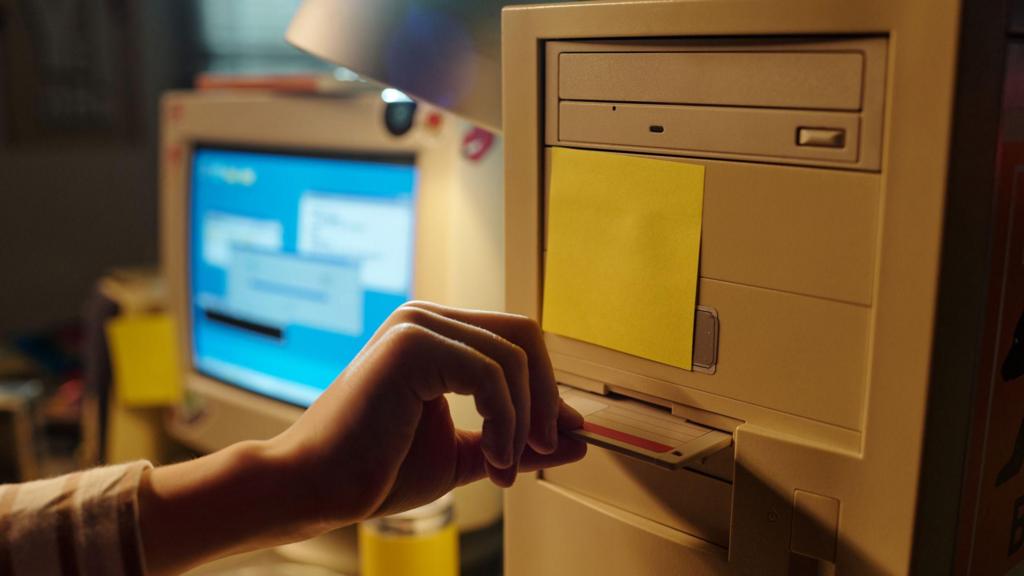AOL is discontinuing its dial-up internet service, a technology that once introduced countless homes across the United States to the internet.
The company’s dial-up offering, which connects users to the internet via a traditional phone line, currently remains active only in the US and Canada.
Launched over three decades ago, AOL dial-up was characterized by its distinctive and recognizable start-up sound. However, it has since been superseded by faster and more efficient alternatives.
According to government estimates from 2023, fewer than 300,000 individuals in the US still rely solely on dial-up internet, compared to over 300 million with broadband service.
“AOL routinely evaluates its products and services and has decided to discontinue Dial-up Internet,” the company stated in a notice issued to subscribers in the US and Canada on Friday.
The firm confirmed that the service will no longer be available as part of AOL plans after September 30.
“Thanks for the memories RIP,” commented AOL co-founder Steve Case, who oversaw the company’s rapid expansion during the 1990s.
AOL famously attracted customers by distributing free trial discs via mail and at one point claimed to account for nearly 40% of all time spent online by Americans.
AOL merged with Time Warner in 2000, a deal that was largely considered a failure. However, at the end of 2001, the company boasted over 30 million subscribers.
However, its dominance had already begun to diminish as broadband offerings from competitors gained traction. As early as 2003, some observers had already begun to write obituaries for dial-up service, as evidenced by a Wall Street Journal article that declared: “It’s official. Dial-up is dying.”
In the UK, AOL lost its position as the leading internet service provider in 1999. The company subsequently sold its UK division in 2006.
Time Warner spun off AOL in 2009. Verizon acquired the company in 2015, recognizing the value in its mobile technology business, and later merged it with Yahoo.
Currently, AOL and Yahoo are owned by Apollo Global.
The couple in their 70s say they rely on the landline to speak to family and for appointments.
Manx Telecom launches a scheme to help those who use lift lines, personal alarms and carephones.
An islander living in a care home says she was left on the floor for two hours after a fall.
Slowly but surely, huge swaths of the internet are vanishing. But the artefacts of the early web are still out there, and they have lessons for the future.
Tech companies are restricting debates of public interest to comply the Online Safety Act, analysis shows.

